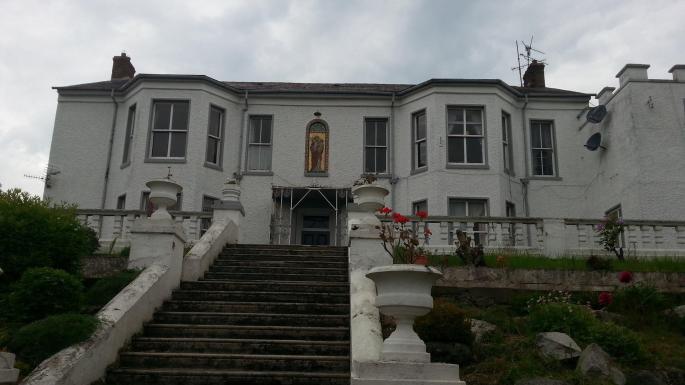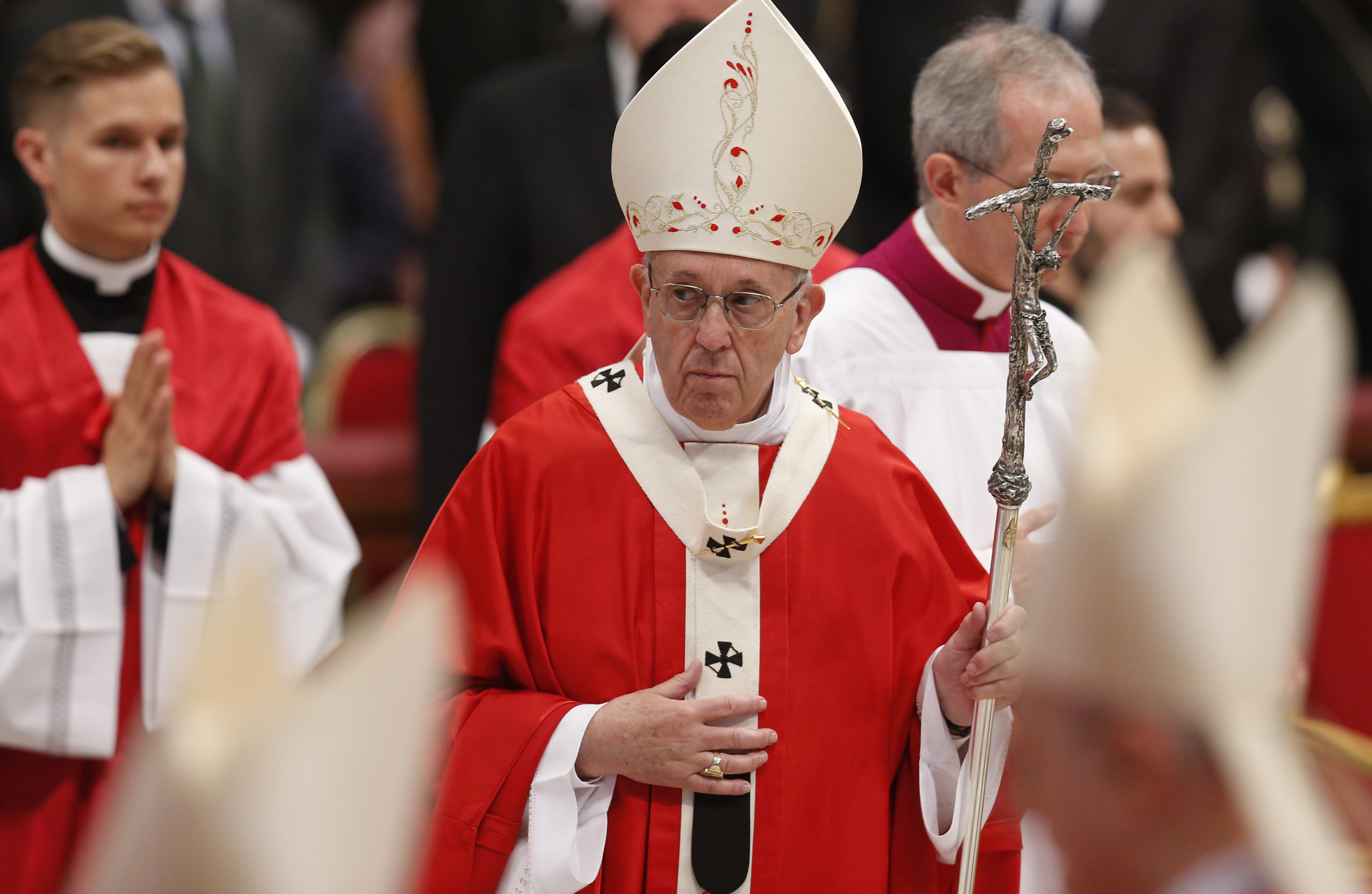Pope Francis has told Italian bishops they must not be afraid to criticise him as they struggle to cope with a crisis of vocations and the call to poverty and transparency.
Urging them to speak frankly about their questions and anxieties, the Pope told the general assembly of the Italian bishops' conference: "It is not a sin to criticise the Pope here. It is not a sin, it can be done."
He continued: "The first thing that worries me is the crisis of vocations." Describing it as a "haemorrhage", he blamed it on "the poisoned fruit of the culture of the provisional, of relativism and of the dictatorship of money, which alienate young people from the consecrated life."
He also referred to the "demographic winter" of the declining birth rate, along with scandalds in the Church and what he desdribed as "lukewarm testimony".
Pope Francis said: "How many seminaries, churches and monasteries and convents will be closed in the next few years due to the lack of vocations? God knows. It is sad to see this land, which for many centuries has been fertile and generous in giving missionaries, nuns, priests full of apostolic zeal, together with the old continent, enter into a vocational sterility."
One answer was for dioceses with an abundance of priests such as Puglia to share them with dioceses such as Piedmont where there is a shortage.
His second concern was the importance to the priesthood of poverty. "Without poverty there is no apostolic zeal, there is no life of service to others," he said. "In reality, those who believe can not speak of poverty and live like a pharaoh." It goes against the Christian faith to talk about poverty and lead a life of luxury, he said, adding: "It is very scandalous to treat money without transparency or to manage the Church's goods as if they were personal goods."
You know the financial scandals that have existed in some dioceses ... Please, it hurts me very much to hear that a clergyman has been manipulated by putting himself in situations that exceed his abilities or, even worse, managing the widow's small change in a dishonest manner."
And his third concern was the need to reduce the number of dioceses, even though he was aware this was not universally popular. "I believe that there are dioceses that can be merged," he said.
Cardinals who have criticised the Pope recently include Cardinal Gerhard Muller, who was dismissed by Francis in July last year and has since objected to elements of the apostolic exhortation, Amoris Laetitia; Dutch Cardinal Willem Eijk, Archbishop of Utrecht, who criticised the way the Pope dealt with the German bishops on the issue of communion for non-Catholic spouses of Catholics that they were disputing, saying the Pope should have told the bishops simply to refer to canon law rather than find an agreement that was as “unanimous as possible”.
Most prominently, Cardinal Raymond Burke, who said last month that the authority of the Roman Pontiff is not “magical” but comes from the Pope’s “obedience to the Lord” and that there are even times where a “Pope must, as a duty, be disobeyed”. In an interview with the Italian Catholic daily, La Nuova Bussola Quotidiana last month, Cardinal Burke accused Pope Francis of “increasing the confusion” in the Church by “refusing to clarify” his position and the Church’s position on matters relating to marriage and the family, the sacraments, and eternal life.



 Loading ...
Loading ...